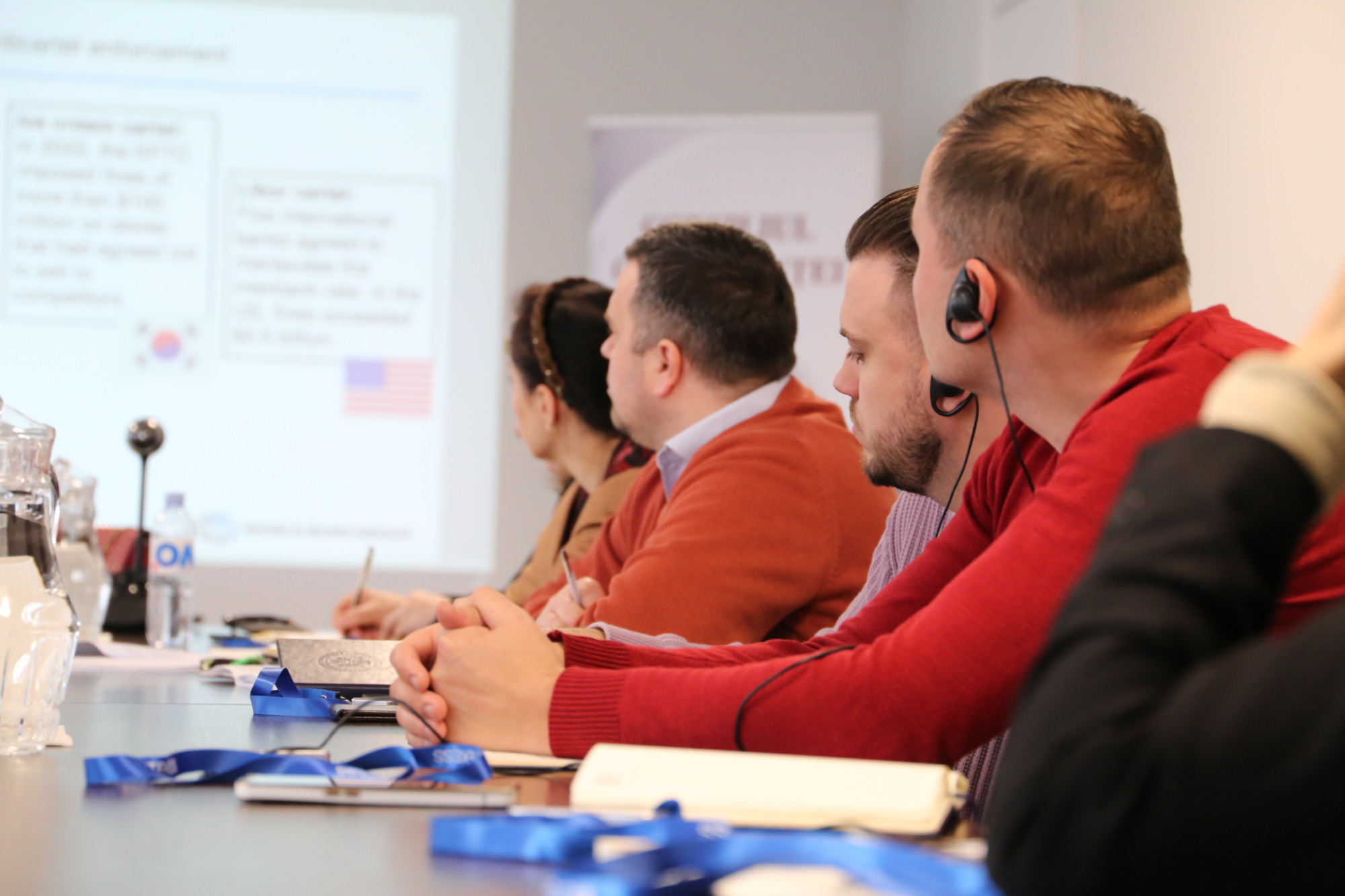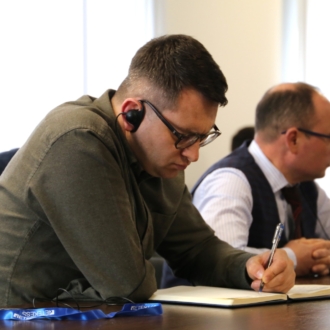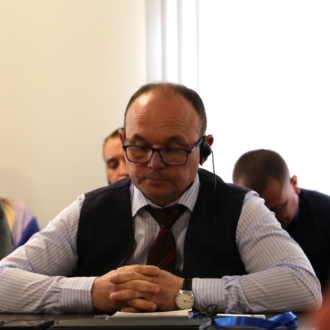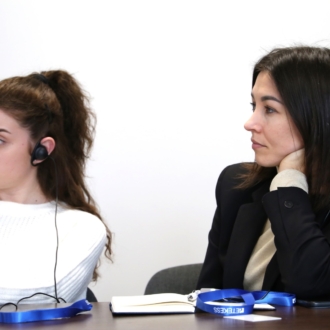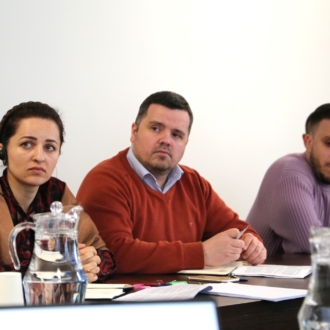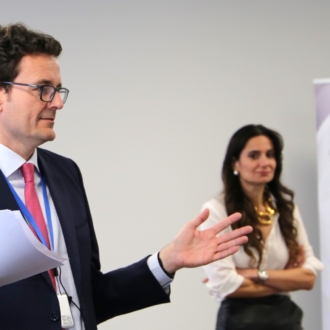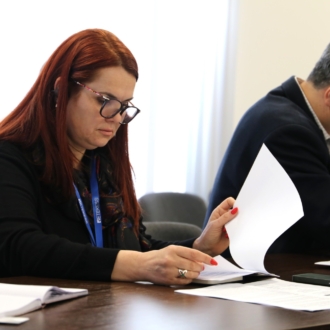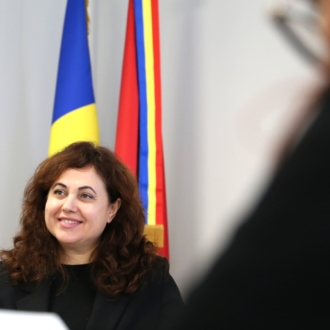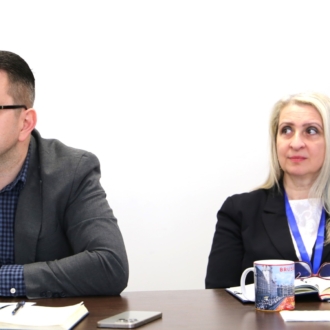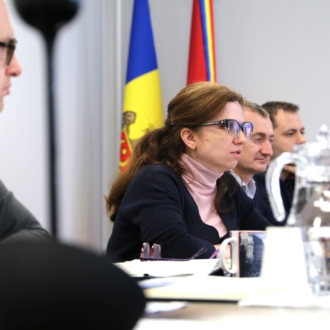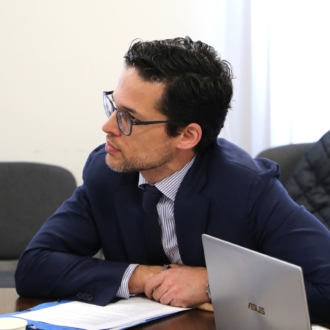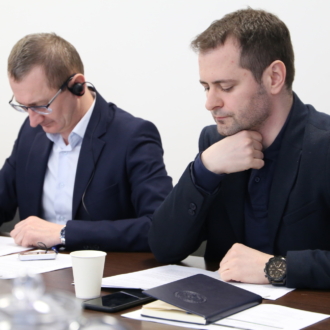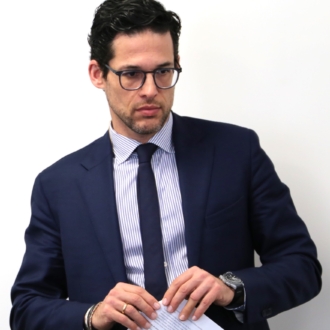The Competition Council Benefited from Two Capacity-Building Training Sessions Organised with the Support of the World Bank Mission on 7 and 9 April 2025.
The first session, held on 7 April, focused on leniency policy and cartel enforcement. Participants had the opportunity to explore in depth key aspects related to the identification, investigation, and sanctioning of anti-competitive agreements between undertakings, as well as to discuss international best practices for the effective application of leniency programmes.
The second session, on 9 April, centred on State aid and included a practical exercise in the form of a simulation. Participants were divided into teams and analysed a hypothetical case study, which required assessing the constitutive elements of State aid, including the existence of a beneficiary, the compatibility of the measure with applicable rules, and formulating conclusions regarding the legality and impact of the aid measure.
The exchange of expertise and best practices is essential for aligning the Republic of Moldova with European and international standards in the field of competition and State aid. Through such interactive sessions, the Competition Council continues to strengthen its technical and analytical capacity in support of a fair and efficient competitive environment.
These training sessions were organised under the SME Competitiveness Project, with financial support from the Multi-Donor Trust Fund (MDTF) “Moldova – Growth, Resilience and Opportunities for Well-being” (M-GROW), administered by the World Bank Group. The founding partners of M-GROW include Ireland, Norway and the United Kingdom, who jointly contributed to the MDTF.

